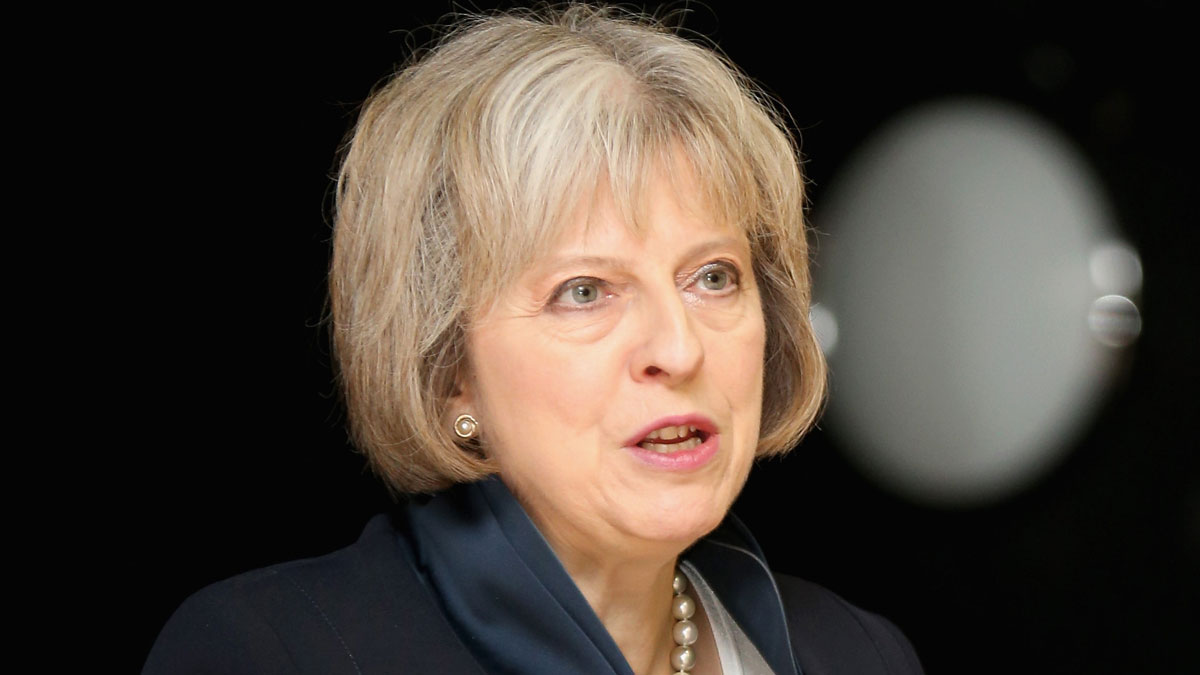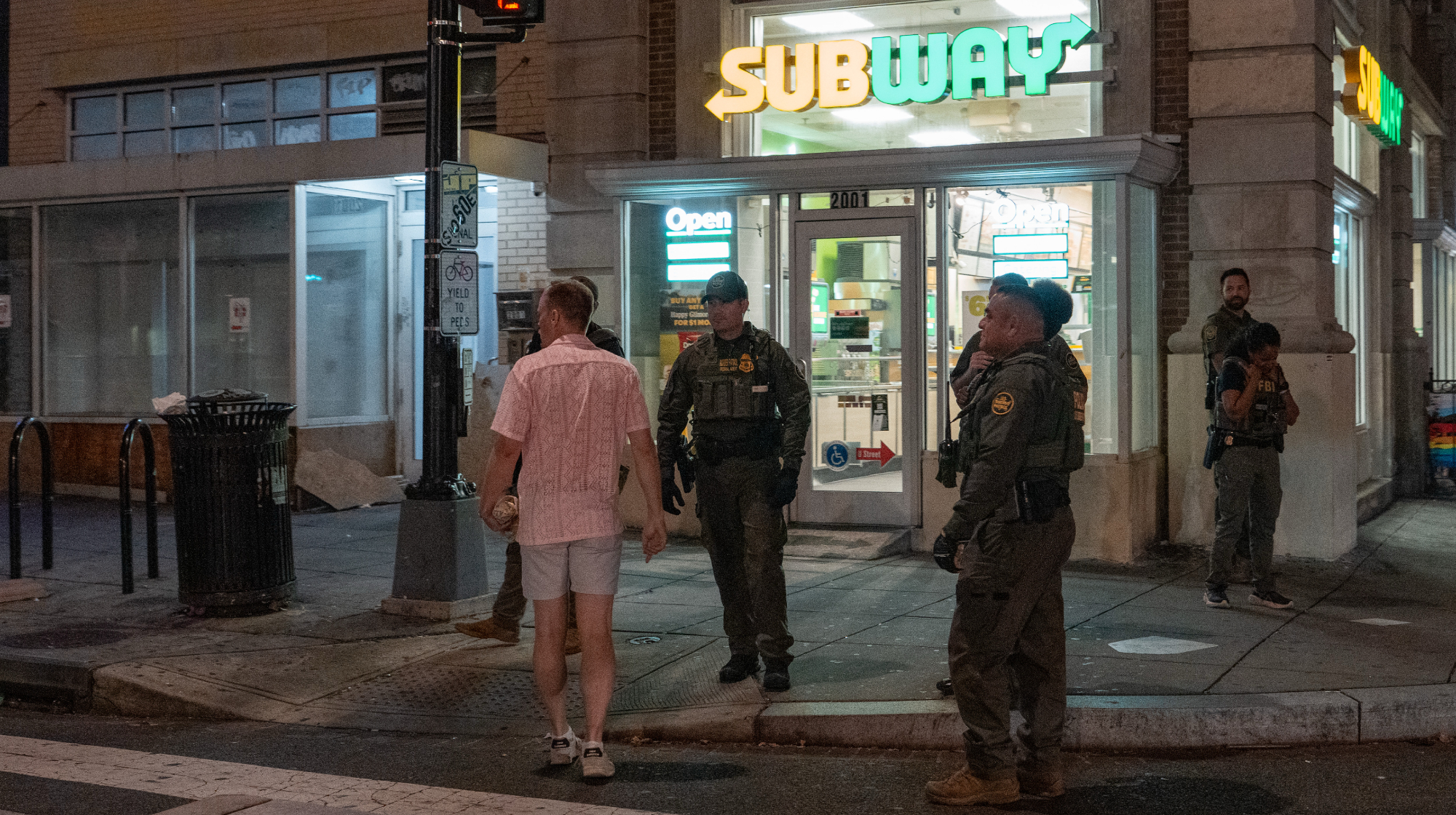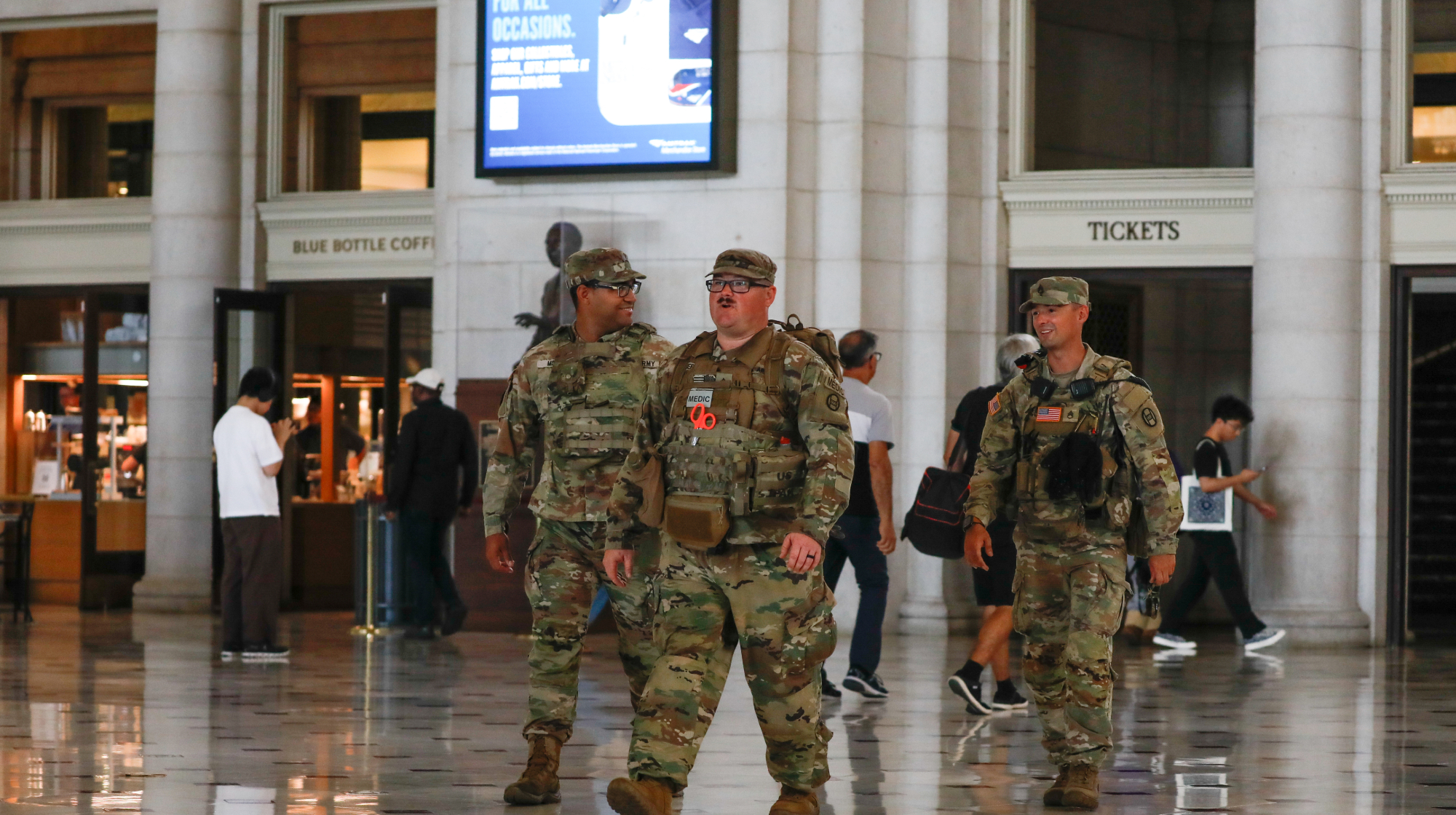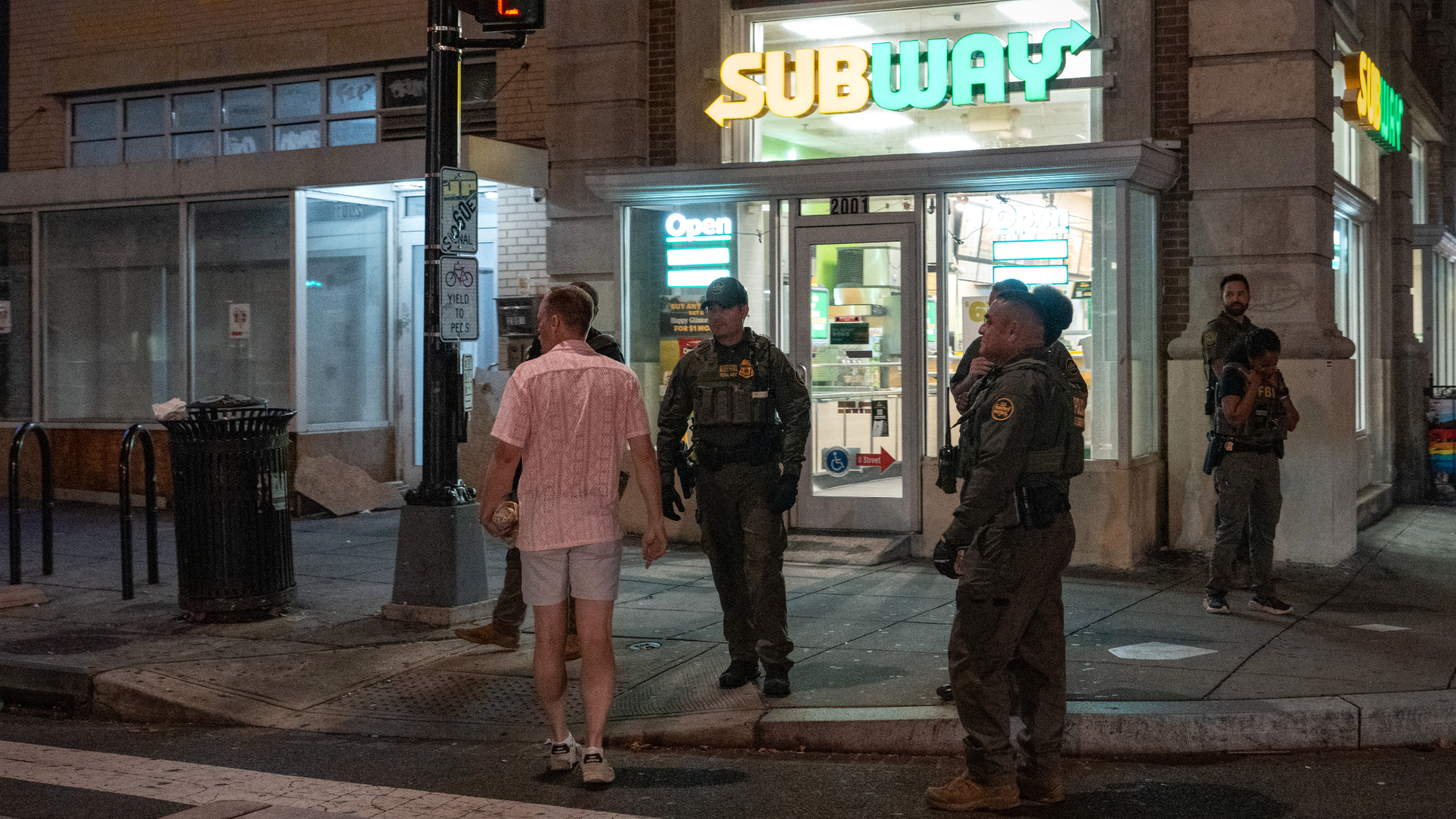Investigatory Powers Bill: why is Snooper's Charter so contentious?
Security services want to modernise surveillance legislation, but critics have huge privacy concerns

A free daily email with the biggest news stories of the day – and the best features from TheWeek.com
You are now subscribed
Your newsletter sign-up was successful
Home Secretary Theresa May will today publish the new Investigatory Powers Bill, a draft bill that has been dubbed the "snooper's charter Mark III". It is the latest in a series of attempts to modernise surveillance legislation to reflect the growth in online communication. Prime Minister David Cameron has said it is one of the most important pieces of legislation of this parliament.
Why is it needed?
Security services claim the current legislation is no longer fit for purpose and that communication between terrorists, which increasingly occurs online, has become difficult to monitor, putting the country at risk. Surveillance revelations by the US whistle-blower Edward Snowden, they argue, have pushed terrorist communication further underground. The act would also bring the patchwork of existing legislation under one umbrella for the first time.
The Week
Escape your echo chamber. Get the facts behind the news, plus analysis from multiple perspectives.

Sign up for The Week's Free Newsletters
From our morning news briefing to a weekly Good News Newsletter, get the best of The Week delivered directly to your inbox.
From our morning news briefing to a weekly Good News Newsletter, get the best of The Week delivered directly to your inbox.
Why is it contentious?
Powers to intercept people's electronic communications has prompted huge concerns over privacy. "The bill will enshrine the security services' licence to hack, bug and burgle their way across the web," claims The Guardian.
The bill looks likely to include a requirement for internet companies to retain data on domain addresses for 12 months, allowing authorities to trace the websites a suspect has visited – but not a full browsing history of pages or content unless a warrant is authorised.
The oversight and authorisation of surveillance has also come under much scrutiny. Last year, the home secretary, foreign secretary and Northern Ireland secretary signed 2,700 warrants for more intrusive spying by MI5, MI6, GCHQ and law enforcement agencies, a task that some critics believe should fall to independent judges not politicians. According to The Times, the new draft surveillance laws will allow a panel of specially trained judges to review the national security warrants and overrule the judgments of senior ministers if necessary. The new judicial commission will decide whether the warrants – for surveillance such as tapping phones or hacking the computers of suspects – are necessary and proportionate under the law. The BBC says the government is also promising other "strict safeguards", including a ban on councils accessing people's internet records and a new offence of misuse of the data.
A free daily email with the biggest news stories of the day – and the best features from TheWeek.com
Haven't we been through this before?
The home secretary tried to secure similar powers in the last parliament, but they were blocked by the Liberal Democrats. An emergency Data Retention and Investigatory Powers Act was forced through successfully last year, but it was agreed that this should be replaced by fully scrutinised legislation in 2016.
Hasn't May 'backed down' over some parts of the bill?
May has tried to distance the new proposals from the original 2012 Investigatory Powers Bill and yesterday confirmed that some of the more contentious powers due to be included have been dropped. She has promised "world-leading oversight arrangements" within the bill and said it would not include powers to restrict encryption, as had been previously expected. But critics have dismissed this as political spin. The Home Office is "once again offering 'concessions' concerning things it was never likely to do", said the Guardian. This "noise" allows for "convenient silence about the 500,000-plus times a year that communications data, such as call records, is tapped without any warrant at all", says the newspaper.
Will the proposals go through?
The home secretary is likely to face staunch opposition, although the challenges will largely depend on what is revealed in the bill today. For example, the shadow home secretary Andy Burnham has said there is "broad acceptance" that new powers are needed, but stressed that judges should "have the final say" on the most intrusive warrants. The Liberal Democrats have also threatened to use the House of Lords to block the bill if it goes "too far". Barrister David Anderson, the independent reviewer of terrorism laws, suggested this morning that there are still more revelations to come when the bill is announced this afternoon.
After failing to get the original 'Snooper's Charter' through, May's team will avoid making any mistakes this time around, suggests legal commentator David Allen Green. Writing in the Financial Times, he says: "One would not be surprised if more planning by senior officials has gone into getting this bill through than into any one anti-terrorism exercise in the last few months."
-
 Political cartoons for February 7
Political cartoons for February 7Cartoons Saturday’s political cartoons include an earthquake warning, Washington Post Mortem, and more
-
 5 cinematic cartoons about Bezos betting big on 'Melania'
5 cinematic cartoons about Bezos betting big on 'Melania'Cartoons Artists take on a girlboss, a fetching newspaper, and more
-
 The fall of the generals: China’s military purge
The fall of the generals: China’s military purgeIn the Spotlight Xi Jinping’s extraordinary removal of senior general proves that no-one is safe from anti-corruption drive that has investigated millions
-
 The high street: Britain’s next political battleground?
The high street: Britain’s next political battleground?In the Spotlight Mass closure of shops and influx of organised crime are fuelling voter anger, and offer an opening for Reform UK
-
 Is a Reform-Tory pact becoming more likely?
Is a Reform-Tory pact becoming more likely?Today’s Big Question Nigel Farage’s party is ahead in the polls but still falls well short of a Commons majority, while Conservatives are still losing MPs to Reform
-
 Massacre in the favela: Rio’s police take on the gangs
Massacre in the favela: Rio’s police take on the gangsIn the Spotlight The ‘defence operation’ killed 132 suspected gang members, but could spark ‘more hatred and revenge’
-
 ‘The business ultimately has a customer base to answer to’
‘The business ultimately has a customer base to answer to’Instant Opinion Opinion, comment and editorials of the day
-
 Taking the low road: why the SNP is still standing strong
Taking the low road: why the SNP is still standing strongTalking Point Party is on track for a fifth consecutive victory in May’s Holyrood election, despite controversies and plummeting support
-
 DC prosecutors lose bid to indict sandwich thrower
DC prosecutors lose bid to indict sandwich throwerSpeed Read Prosecutors sought to charge Sean Dunn with assaulting a federal officer
-
 Trump expands National Guard role in policing
Trump expands National Guard role in policingSpeed Read The president wants the Guard to take on a larger role in domestic law enforcement
-
 Man charged for hoagie attack as DC fights takeover
Man charged for hoagie attack as DC fights takeoverSpeed Read The Trump administration filed felony charges against a man who threw a Subway sandwich at a federal agent